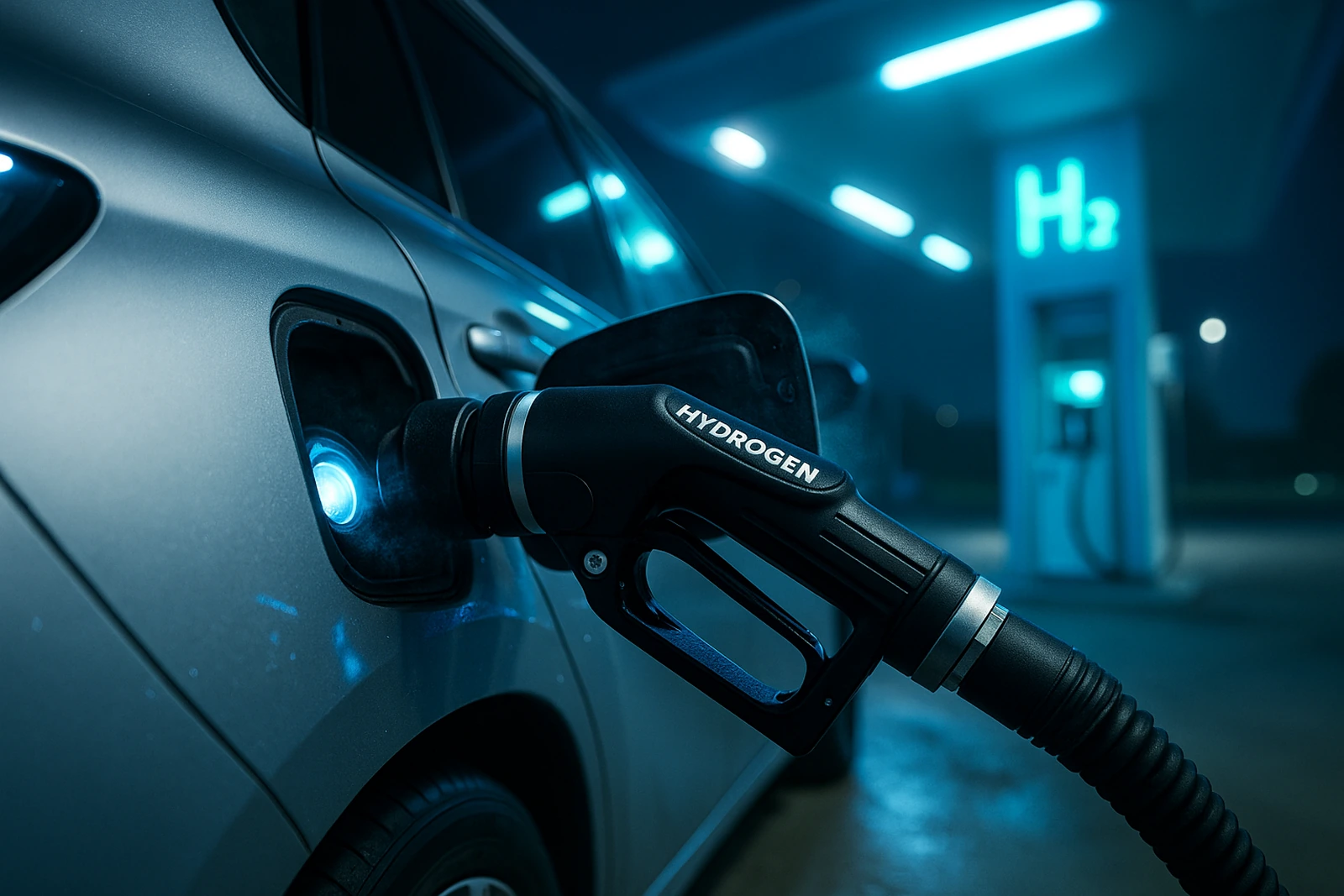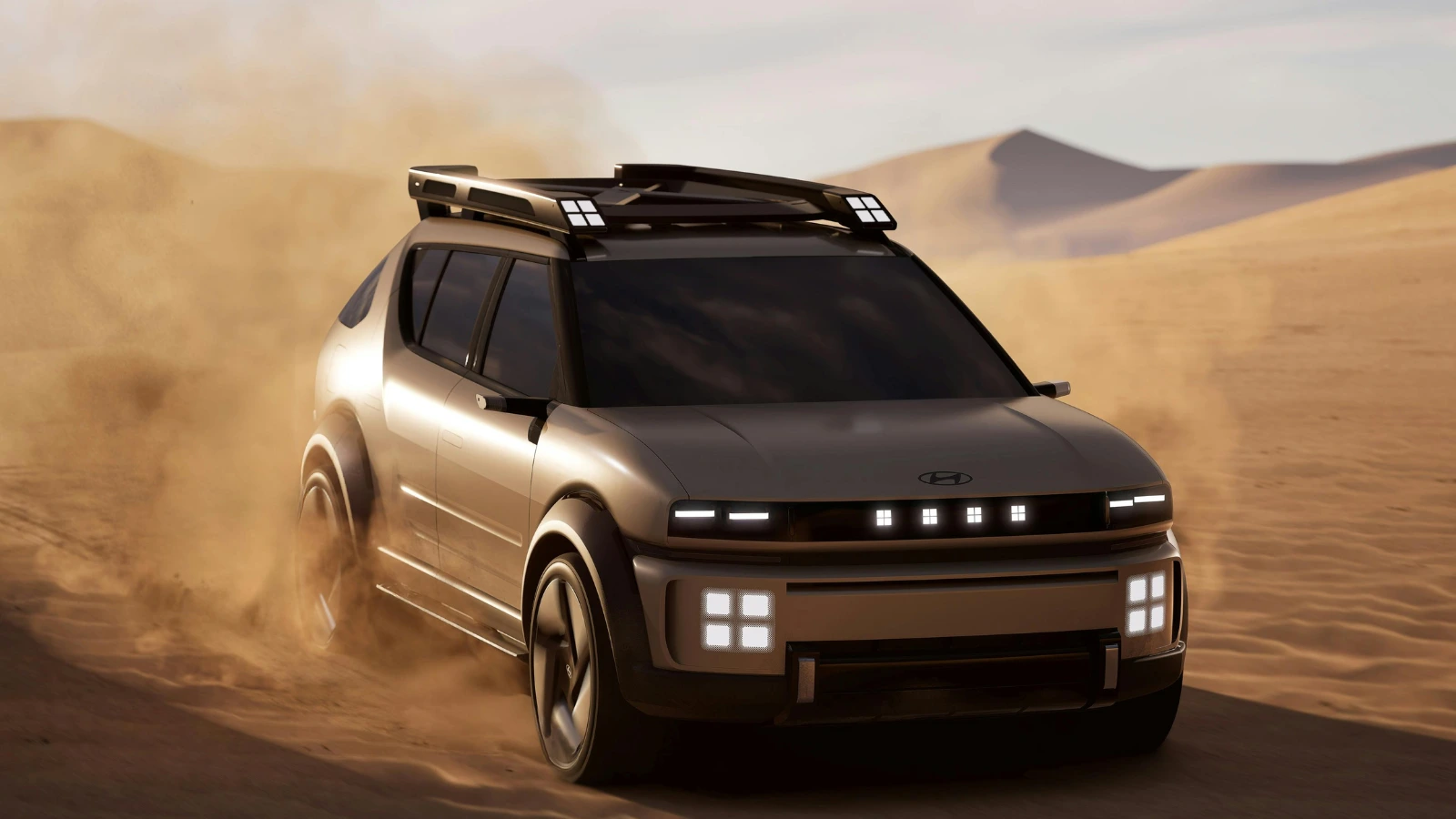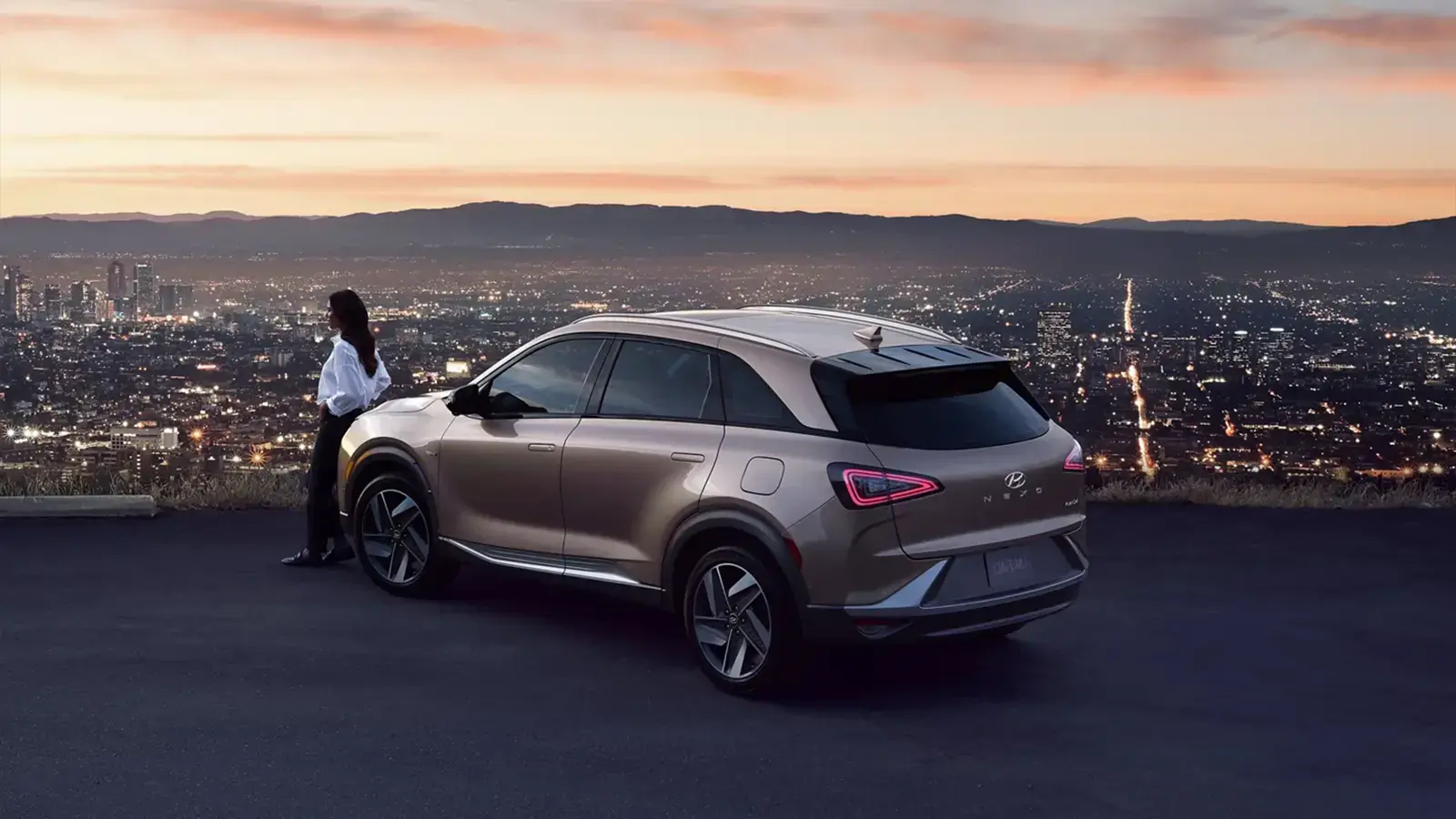Who Hydrogen Fuel Cell Vehicles Are Best For
Hydrogen fuel cell electric vehicles (FCEVs) are an exciting alternative to gasoline-powered and battery-electric cars. They offer zero tailpipe emissions, fast refueling, and a quiet, smooth driving experience. But with limited infrastructure and a small pool of available models, they are not the right choice for everyone right now. This guide helps you evaluate whether a hydrogen vehicle makes sense for your needs and lifestyle.
The Key Benefits of Hydrogen Vehicles
Before diving into the considerations, it is worth highlighting what makes hydrogen cars appealing.
- Zero emissions: FCEVs emit only water vapor at the tailpipe
- Fast refueling: Most hydrogen tanks fill in about five minutes
- Electric driving feel: Quiet acceleration and smooth performance
- Extended range: Most models offer 300 to 400 miles per tank
- Clean energy potential: As hydrogen production becomes greener, so does the fuel
If you are interested in going electric but dislike long charging times, hydrogen may be a better fit.
Things to Consider Before Buying
Despite their advantages, hydrogen vehicles come with some limitations. Understanding them upfront is essential to making a smart choice.

1. Do You Live Near a Hydrogen Station?
This is the single most important factor. FCEVs require access to hydrogen refueling stations, which are currently limited to specific regions.
- Most public stations in the U.S. are in California
- Check station maps to confirm proximity to home, work, or your travel routes
- Expansion plans are underway, but infrastructure is still growing
2. Are You Comfortable with Limited Model Choices?
Currently, only a handful of FCEVs are available to consumers:
- Toyota Mirai
- Hyundai Nexo
These models come with generous incentives and fuel credits, but the market is still small.
3. Do You Drive Primarily Within a Certain Region?
If you take long road trips or frequently drive through areas without hydrogen stations, range anxiety may be a concern. FCEVs are best for regional commuting rather than cross-country travel at this stage.
Who Hydrogen Vehicles Are Ideal For
You might be a strong candidate for a hydrogen vehicle if:
- You live in a hydrogen-fueling region like Southern California
- You want zero emissions without changing your refueling routine
- You prefer electric performance but are not ready for plug-in charging
- You value innovative technology and are open to early adoption
Who Might Want to Wait
Hydrogen may not be the best fit right now if:
- You live outside a hydrogen fueling region
- You need a wide variety of models or body styles
- You want national service access or dealership familiarity
For many drivers, a hybrid or battery-electric vehicle might offer more flexibility in the short term.
The Bottom Line
Hydrogen vehicles are a promising part of the future of clean mobility. They deliver electric performance, environmental benefits, and quick refueling. But until infrastructure catches up, they are a practical option mostly for early adopters in select regions. If you meet the criteria and like the idea of driving something forward-looking, a hydrogen vehicle could be a great match.
Make a Confident Decision
Explore today’s top hydrogen cars on the market:
← Go Back: What’s Next for Hydrogen Vehicles?
Discover Next: Top Hydrogen Cars Available Today →












